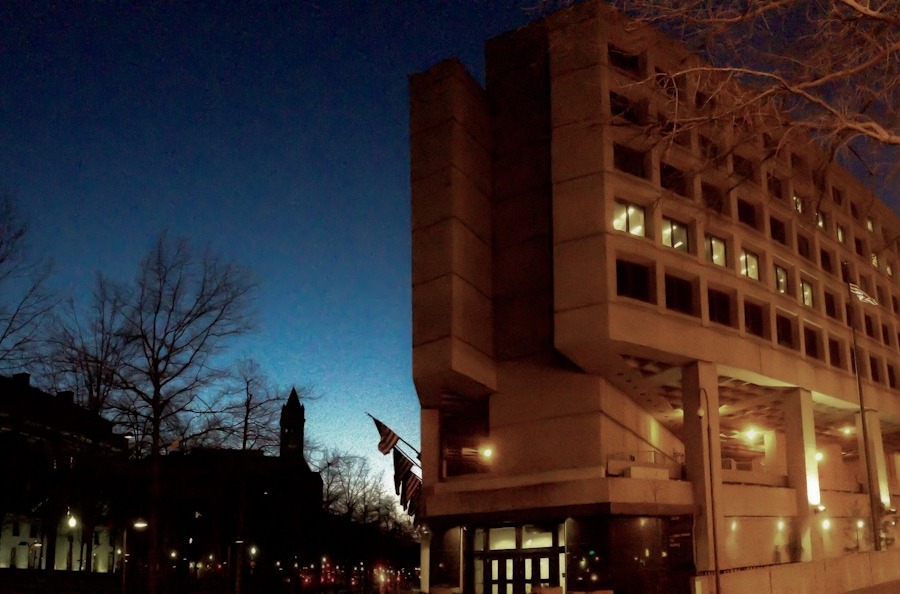Intelligence Oversight Priorities for the 116th Congress
Despite the hyper-partisanship, and even in light of corrosive calls last week for the resignation of the Chairman of the House Permanent Select Committee on Intelligence (HPSCI), the Senate S
Published by The Lawfare Institute
in Cooperation With

Despite the hyper-partisanship, and even in light of corrosive calls last week for the resignation of the Chairman of the House Permanent Select Committee on Intelligence (HPSCI), the Senate Select Committee on Intelligence (SSCI) and HPSCI have important work to do. In the fall of 2018, the Center for a New American Security launched a project focusing on congressional intelligence oversight. The project’s work includes a series of papers that are being released over the course of the next year. The first paper was released this week, and highlights three specific areas the intelligence committees should devote time and effort to:
- assessing the intelligence community’s effectiveness in providing warning of Russian influence activities targeting the 2016 election and beyond,
- protecting intelligence community data, sources, and methods, and
- addressing questions surrounding the handling of intelligence information concerning the murder of Jamal Khashoggi.
The brief also stresses the importance and value of bipartisanship in intelligence oversight. Here’s the introduction to the paper, and the full brief can be found here:
Congressional oversight is essential for providing accountability for the activities of the intelligence services. Effective oversight by the congressional intelligence committees – by an independent branch of government – is needed in order to monitor the adequacy of legal authorities, the lawfulness of activities carried out under those authorities, and the responsible application of public funds for intelligence activities. As elected representatives entrusted with providing an outside check on activities that are conducted out of the public eye, members of the committees serve a critical function in facilitating accountability, transparency, and confidence in intelligence activities conducted under law.
Most recently, the 115th Congress – and its challenges in conducting inquiries into Russian interference in the 2016 election – has provided examples of both what happens when intelligence oversight is conducted in a rigorous, bipartisan manner and, conversely, what happens when bipartisan cooperation and coordination break down. The 116th Congress, in session as of January 3, 2019, will be presented with extremely significant matters of national security. These include but are not limited to: aggressive influence activities of hostile foreign nations, including cyber operations; expanding influence of authoritarians and far-right populism, and the role of digital technologies in attempts to undermine liberal democracies; increased displacement of populations fleeing terrorism, violence, and economic instability; and continued threats from international terrorist actors and organizations. The intelligence committees, in particular, will need to determine how to apply the time and resources of members and staff in alignment with the most pressing priorities. This will be no easy task.


.jpg?sfvrsn=1111cf9d_4)


